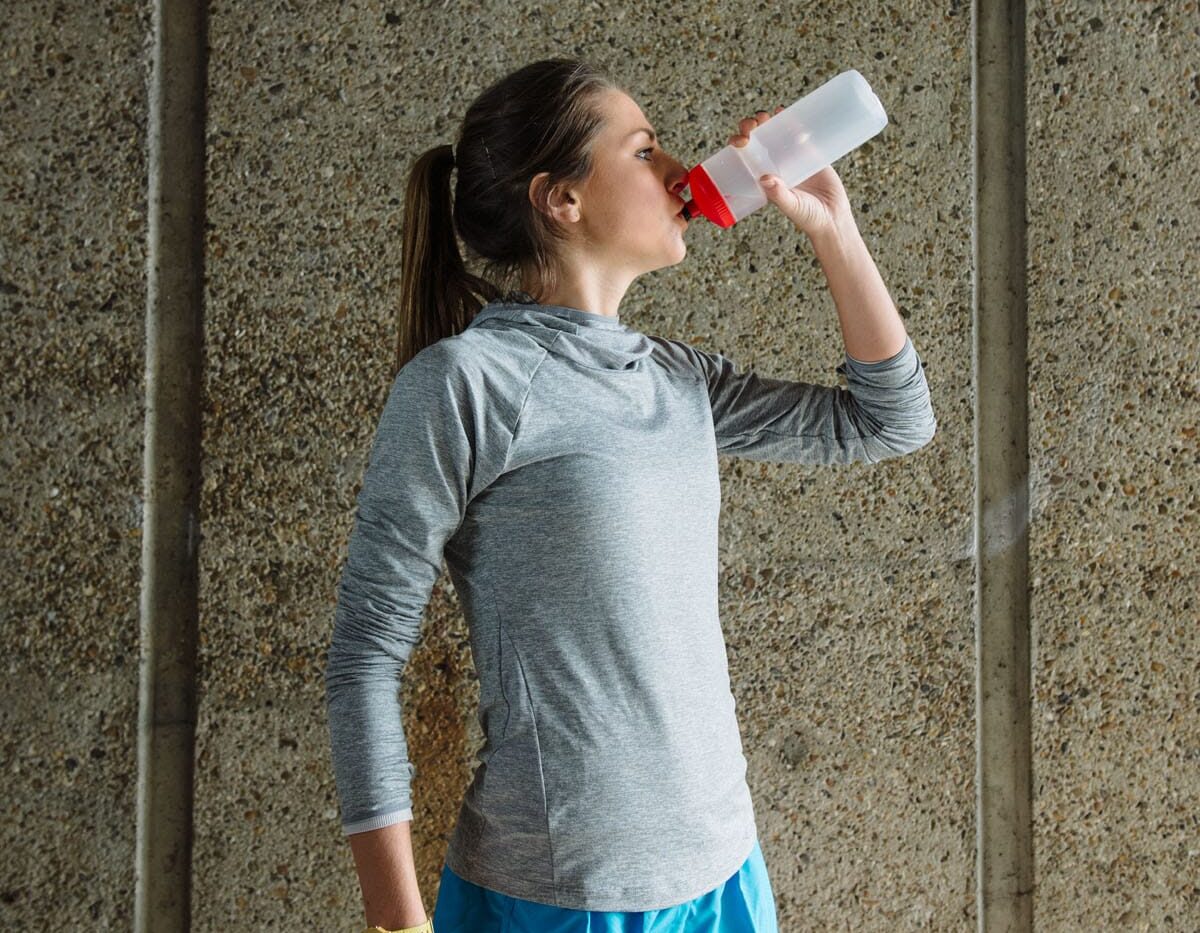Food for Thought: Boosting Brain Function Through Diet

Dr Linia Patel
Women’s Health Dietitian & Performance Nutritionist
- 21 September, 2018
- Diet & Nutrition
- 3 min read
Your brain is constantly working. It sends and receives billions of messages everyday so that you can do the tasks and activities you both need and want to do.

That’s why we need to take care of our brains and fuel our bodies well enough to give it the energy it needs to keep us alert, functional and feeling great!
If you would like to feel less tired, more focused and be able to perform at your best, then try incorporating these five helpful tips in to your meal-time routine for the next few weeks.
1. Choose wholegrain carbohydrates
Glucose provides fuel for the brain. The ability to concentrate and focus comes from an adequate, steady supply of energy. Stay mentally alert throughout the day by choosing wholegrain carbs. Wholegrains with a low glycaemic index provide a slow release of glucose into the bloodstream.
Opt for oats, wholegrain cereals, granary bread, brown rice and pasta. Experts recommend that you have 3 serving of wholegrains a day. One serving is 1 slice of bread, 3 tablespoons of cereal, 2 tablespoons cooked rice or 3 tablespoons cooked pasta.
2. Oil your thinking
Essential fatty acids (EFAs) cannot be made by the body and must be obtained through diet. In the brain there are millions of neurones – responsible for carrying messages within the brain. 50% of the weight of the neuron’s cell membrane is composed of omega-3 fats. The most effective omega-3 fats occur naturally in oily fish as EPA and DHA.
Oily fish include salmon, mackerel, sardines, pilchards, fresh tuna and kippers. Other good sources include walnuts, linseed (flaxseed) oil, pumpkin seeds, walnut oil. A healthy diet should include at least two portions of fish a week, including one of oily fish. A portion of oily fish is around 140g.
3. Perk up with protein
Protein rich foods are digested into amino acids. Amino acids directly affect how alert you feel and your mood. It is recommended that you include a source of protein at every meal to ensure a continuous supply of the amino acids to the brain.
High protein foods include fish, lean meat, chicken, eggs, low fat dairy products, pulses or a meat substitute such as textured vegetable protein as well as nuts and seeds. You should consume protein with every meal and snack. One typical portion size equates to 100g of lean boneless meat (red and poultry), 140g of fish, 2 medium eggs four tablespoons of pulses, 3 tablespoons of seeds or nuts or 125ml Greek yogurt.
4. Go nuts
Nuts contain vitamin E. Vitamin E is an antioxidant. We make antioxidants in our bodies and we also extract them from food. Their purpose is to protect us from harmful bodies called free radicals. We get free radicals in the food we eat. We generate free radicals when we turn food into energy. Antioxidants help protect the brain from damage caused by free radicals.
Animal studies have shown that diets rich in antioxidants result in improved learning capacity. Aim for a closed handful of unsalted nuts ( such as walnuts, almonds, hazelnuts and Brazil nuts) each day.
5. Think fluid

Dehydration leads to fatigue, irritability, and most importantly lack of concentration. To boost brain function is important that children drink regularly throughout the day to stay properly hydrated.
Current guidelines indicate that men should drink 2L a fluid a day and women 1.5L a day, however this will vary depending on your activity level. A good way to assess your hydration status is to look at your urine colour. Aim for urine that is a pale straw colour.
If you can begin to gently implement these changes in to your week you’ll see the results in no time, be that feeling more alert, completing your job, tasks or activities to a higher level, or simply feeling less tired, these simple but effective tips can now be part of you health and wellbeing tool kit.

Advice
Over the last 20+ years our experts have helped more than 100,000 patients, but we don’t stop there. We also like to share our knowledge and insight to help people lead healthier lives, and here you will find our extensive library of advice on a variety of topics to help you do the same.
OUR ADVICE HUBS See all Advice Hubs
